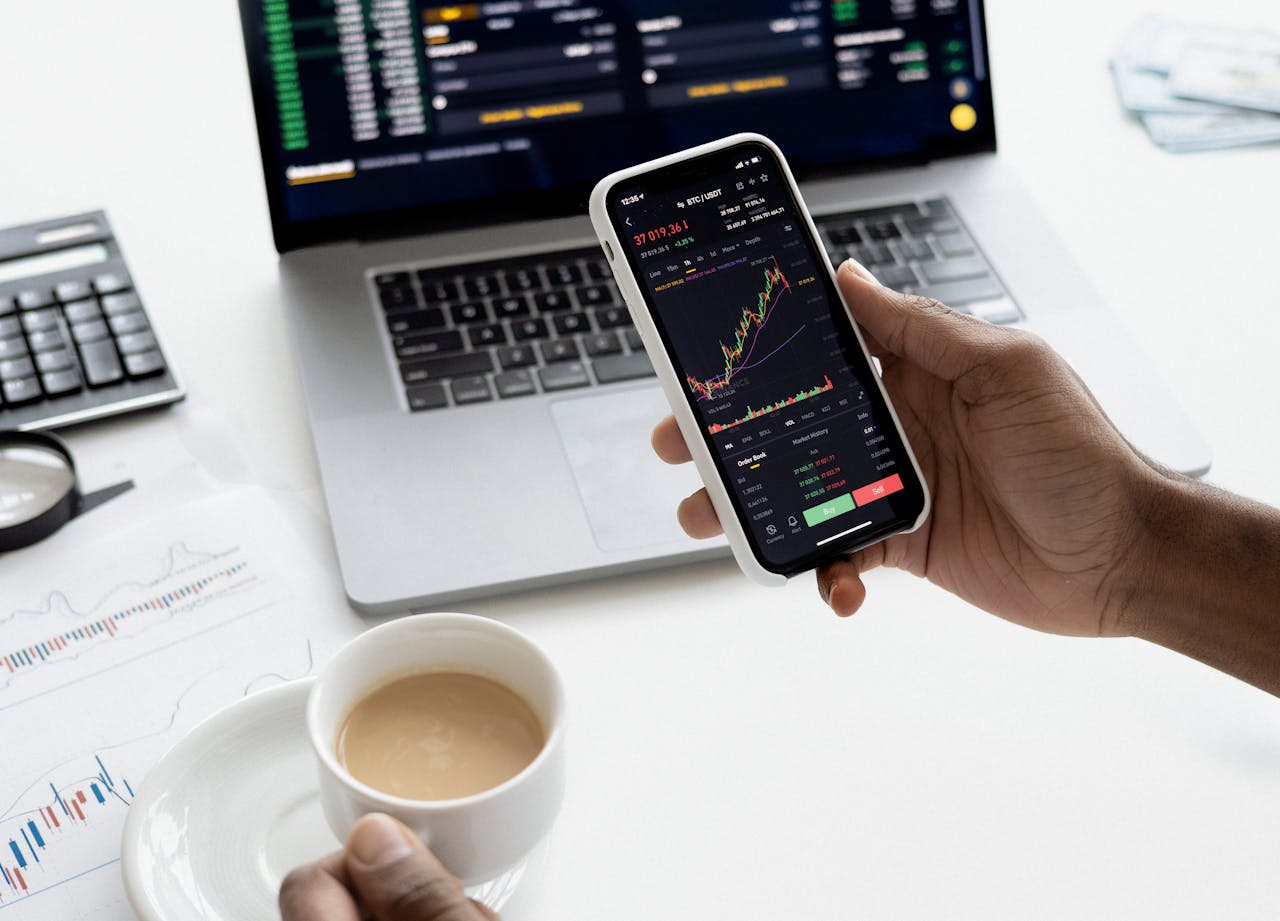

The COVID-19 Pandemic has created a situation unlike previous recessions recorded. It is unlikely to predict the measure of long-term uncertainties with significant structural differences that have been happening during the 2020 crisis in Indonesia. Shutdown mandates by neighboring countries highly damaged the trade traffic throughout 2020; alongside the drop of oil prices, interest rates, and political disruptions, Indonesia's market valuation fluctuates beyond the initial standard predictions.
In contrast with the 2008-09 financial crisis, some industries are rising while others declined. Private Equity (PE) investors are now changing their methods in finding prospects to broaden their portfolio. PE firms now need to consider the macroeconomic conditions and interrelated-sector potentials when evaluating which companies to invest, instead of focusing solely on its multiples and fundamentals.
Consumers are now adapting permanently to new living ways as they rely heavily on technology and virtual assistance; this has become the gateway of opportunity for PE firms as they transform the mechanism of private investment activities. Existing portfolio companies need to expand and explore new ways to penetrate the market by reinventing their business core. Simultaneously, PE firms need to prioritize potential companies' flexibility to transformation when it comes to new investments.

However, Indonesia's market volatility should not be considered a threat, rather a new and more rewarding market condition. With the recently signed Omnibus Law, the Indonesian government promotes massive investment growth where investors can undergo a simpler licensing regime. The government has also introduced a new regulation on a tax incentive for taxpayers affected by the COVID-19, further reducing the burdens for investors seeking to deploy in the Indonesian market. The laws intended to accelerate and provide a friendly investment environment to support the Indonesian economy.
Many large industries in the Indonesian market are modernizing with the increasing demographic of educated and digital-savvy people in Indonesia, making the economy more attractive and innovative than other emerging markets. Indonesia's central bank believes that the country is one of the primary destinations of global portfolio investment, especially after the start of the COVID-19 vaccination program.
As of mid-January 2021, the FDI inflow to the domestic financial market continued to increase, reaching USD 1.5 Billion of foreign funds. The numbers are rapidly outgrowing the previous fourth quarter of 2020 FDI investment of USD 2.1 Billion. The active investment climate in Indonesia proves that private investment deals have already changed, investors and financial institutions are becoming confident in executing original methods to facilitate growth projections.

One of the most talked-about concerns that PE firms are focusing on is an ESG investment strategy, as investors become more knowledgeable on environmental, social, and corporate governance issues. Companies with high ESG values are more viable and agile with their sustainable objectives.
All in all, Indonesia's emerging market is receiving a positive sentiment from investors across the globe due to its active actions in recovering the economy. With the growing interests from private investors, the government's implementations on the newly signed investment-friendly regulations, and PE firms' ability to disrupt the conventional investing method, we can expect a strong market development for the rest of the year.

Revolutionizing Finance: An Overview of Digital Lending in Southeast Asia
Digital lending is poised to become the primary revenue driver for digital financial services in Southeast Asia (SEA) by 2025, outpacing digital payments. This growth is fueled by a 33% annual increase in digital lending, supported by technological innovations such as automated loan origination processes and seamless integration of financial services into digital experiences. These advancements have made it easier for consumers to access financing for various needs, including online shopping, travel bookings, and ride-hailing services.

IoT Integration in the SEA Automotive Lubricants Market
The Southeast Asia (SEA) automotive lubricants market is rapidly evolving with the integration of Internet of Things (IoT) technology. This transformation offers significant benefits, creates new opportunities in smart technology, and introduces innovative IoT solutions that can revolutionize the industry.

Embracing Robotization: Challenges and Opportunities in Industry 4.0
Robotization presents challenges and opportunities for businesses and the workforce, requiring companies to embrace this transformation.

Opportunities in the Indonesian Skincare Market
The rapid growth of the Indonesian skincare market presents significant opportunities for the beauty industry. Projections indicate a steady growth trajectory of 4.6% over the next five years, reflecting sustained consumer demand and market expansion. In this article, we will explore the various opportunities that the Indonesian skincare market presents for brands seeking to establish a strong foothold and thrive in this dynamic landscape.